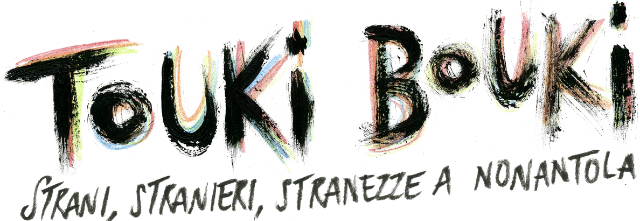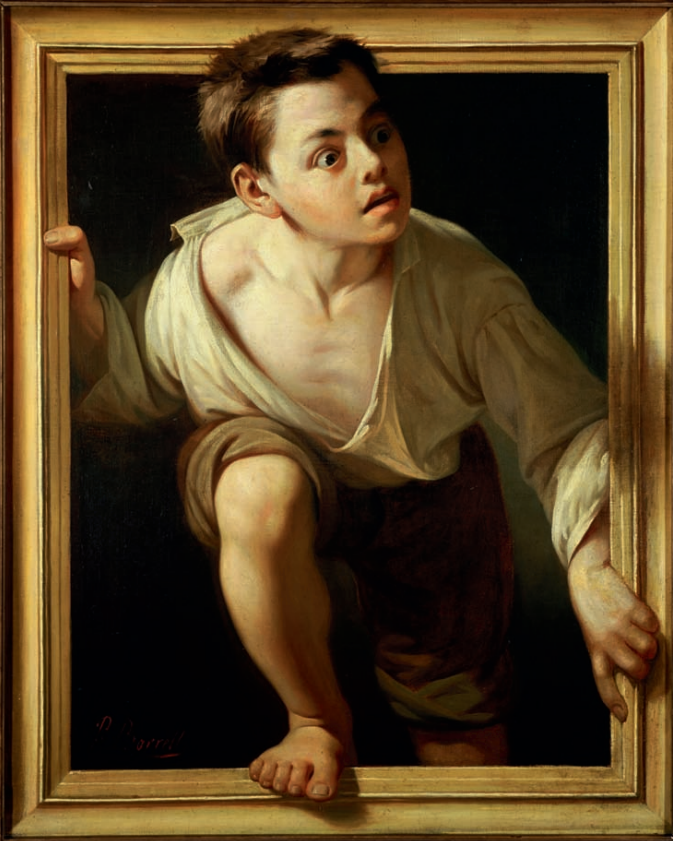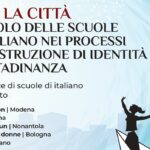Traduzione in inglese di Anita Antwi
I grew up in Nonantola, a provincial town where we all knew each other. It was impossible to do something without anyone noticing, and life was difficult for someone who wasn’t a standard person like me. At age 15 my childhood friends cast me out from their group because I was different: I didn’t like football, I had different tastes in music (my favourite songs were the songs of Eurofestival, whereas everyone else loved Italian musicians). I preferred studying instead of spending my afternoons in game rooms; I used to skate, which they considered a pastime “for girls”. I didn’t feel comfortable mingling with the group of youngters gravitating around the Church, nor with the group meeting in Liberation Square, which was mostly made up of sympathisers of left-wing politics. If you weren’t “standard” or you weren’t part of these two groups, in some way you would be out of the society of Nonantola. I only had my classmates left, but they all lived scattered in the province and we could only see each other sometimes on Sundays, because there were no buses in the evenings so we couldn’t go to the cinema or to eat a pizza. Back then, parents didn’t give their children lifts, there was no internet and using the telephone was expensive. So I lived some years of loneliness, but I could count on the company of many penpals: it was nice to come back from school and find letters from all over the world. When I finally got a driving licence, I got more freedom and I was able to cultivate my interests and make new friends. Afterwards, I went to university to study languages. Now I work as a translator.






